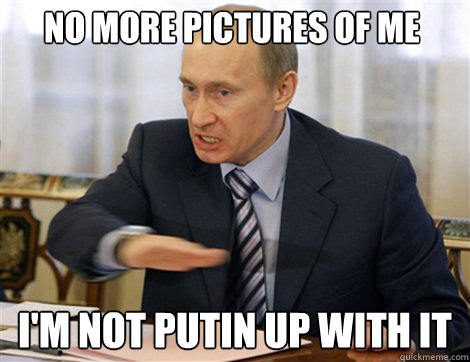The crisis in Ukraine is not yet resolved and the Information War continues. Therefore I am continually updating the Russia – Ukraine IW Bibliography at http://wp.me/p1wMhe-2hm
One of my best sources is Dr. John Brown’s Public Diplomacy Press and Blog Review. He has a ‘news aggregator’ service and mails out a daily update which gives me invaluable updates for the entire community. It can be found at http://publicdiplomacypressandblogreview.blogspot.com/ I spoke recently with Dr. Brown, who gave me the most precious (?) compliment. He said “I disagree with almost everything you write, but I like your blog”.
Others are not so enamored with his blog, but he honestly has the best single source available. What I like even more about it is that his newsletter comes to me, I subscribe to his email service. I don’t have to hunt it down. Plus he is a heckuva nice guy and I now know, honest.
As I said in a recent blog, I like opposing opinions, as long as you are civil.
Hey. I unfriended a good friend on Facebook today to make a point, respect must work both ways. I made my point with a 2×4 piece of lumber and I hit her square between the eyes. She’s a friend once again; now I believe she respects my opinion.
Filed under: Information operations

 To summarize a long story, I contacted several hundred Information Operations, Public Diplomacy, Strategic Communication professionals and journalists and posed this question (Gee, it feels strange to quote myself):
To summarize a long story, I contacted several hundred Information Operations, Public Diplomacy, Strategic Communication professionals and journalists and posed this question (Gee, it feels strange to quote myself):










 BY:
BY: 




 15 April 2014 03:12 PM
15 April 2014 03:12 PM

 Best of Putin puns.
Best of Putin puns. 
 BY KEVIN ROTHROCK Share
BY KEVIN ROTHROCK Share


 By Gregory Conti, Michael Weigand, Ed Skoudis, David Raymond, Thomas Cook, and Todd Arnold
By Gregory Conti, Michael Weigand, Ed Skoudis, David Raymond, Thomas Cook, and Todd Arnold
 Monday, April 21st, 2014
By Ambassador Brian Carlson
Monday, April 21st, 2014
By Ambassador Brian Carlson












